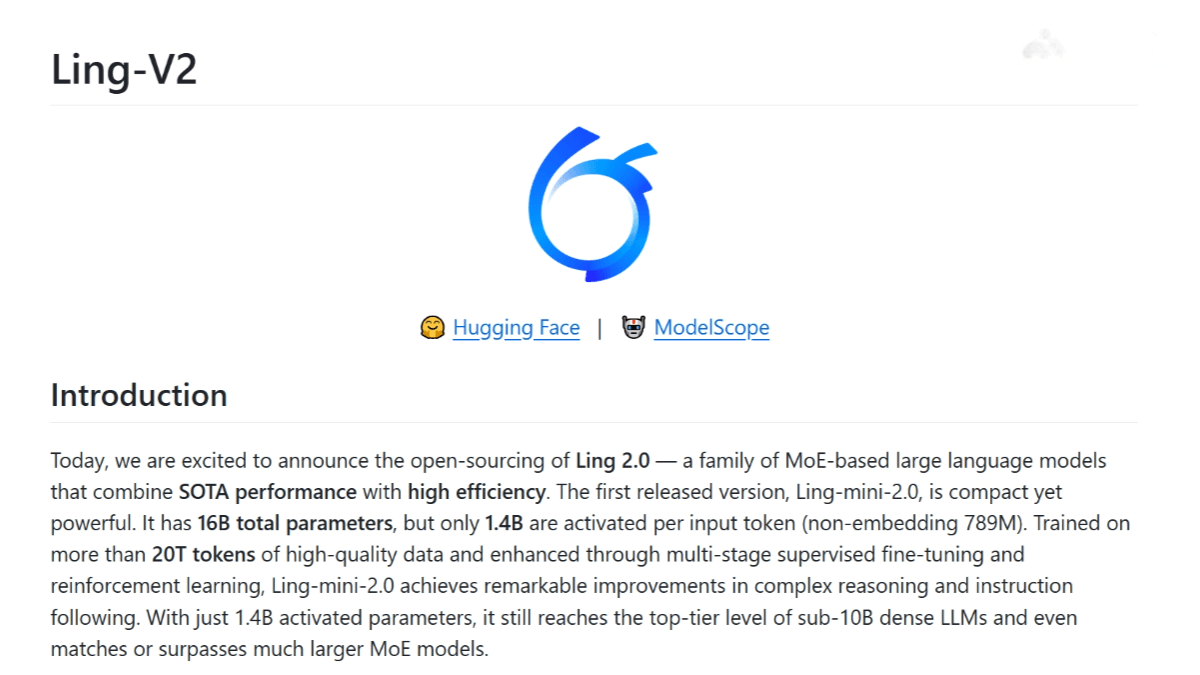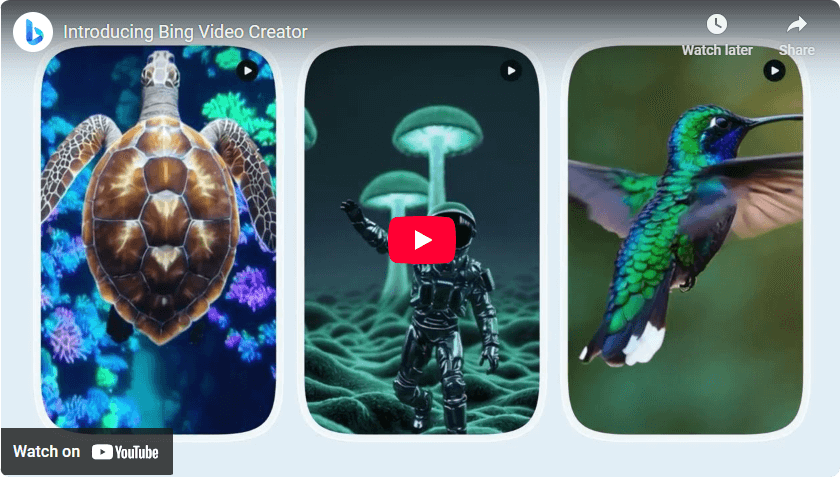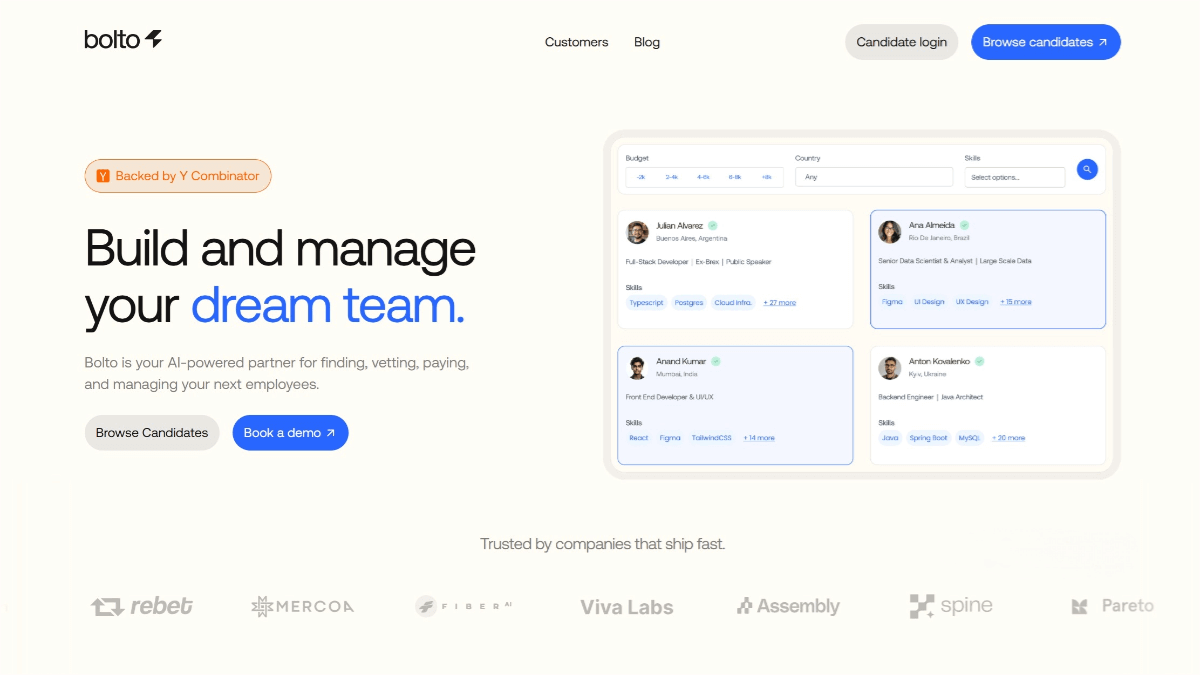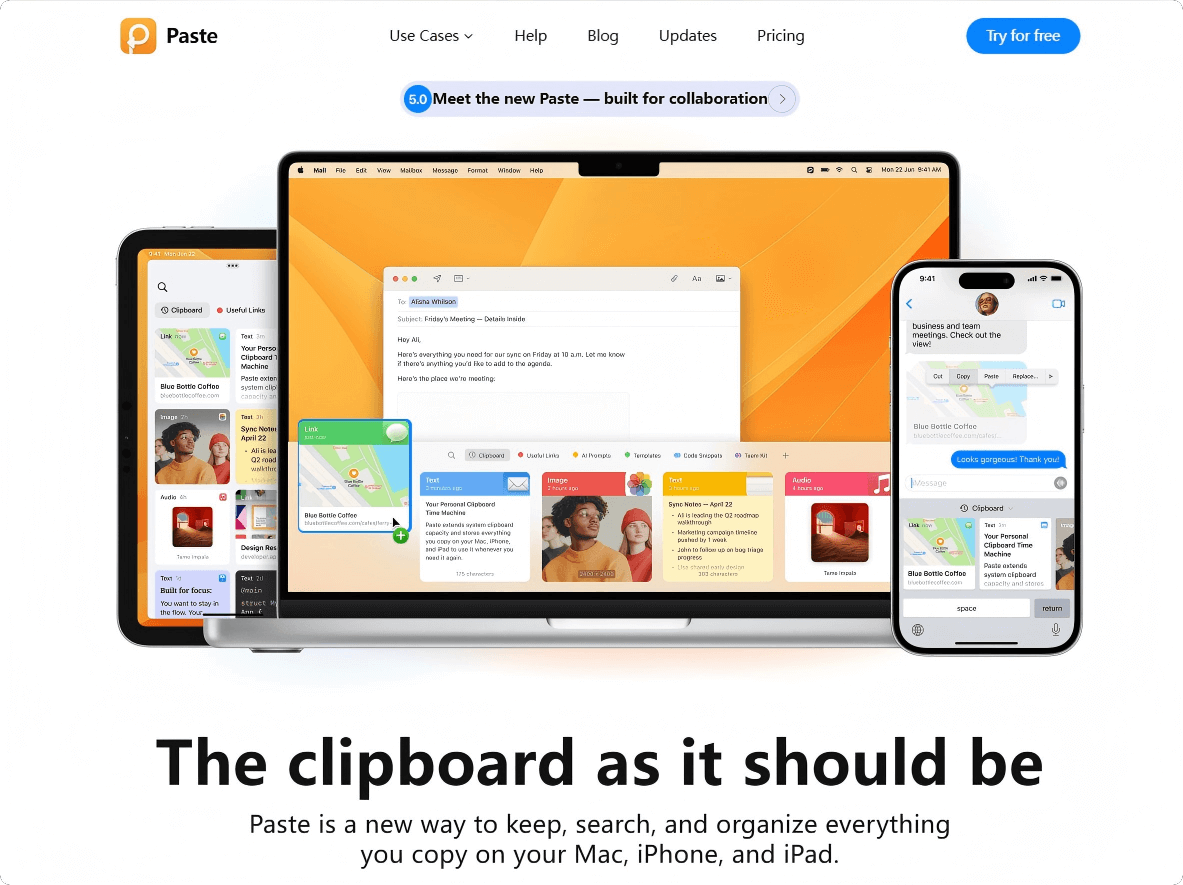MMaDA – A Multimodal Diffusion Model Developed Jointly by ByteDance and Princeton University
What is MMaDA?
MMaDA (Multimodal Large Diffusion Language Models) is a multimodal diffusion model jointly developed by Princeton University, Tsinghua University, Peking University, and ByteDance. It demonstrates outstanding performance across a range of tasks including cross-text reasoning, multimodal understanding, and text-to-image generation.
MMaDA adopts a unified diffusion architecture with a modality-agnostic design, eliminating the need for separate modality-specific components. It introduces a Mixed Long Chain-of-Thought (CoT) fine-tuning strategy, aligning reasoning across modalities using a consistent CoT format. It also proposes UniGRPO, a unified policy gradient reinforcement learning algorithm tailored for diffusion models. By modeling diverse rewards and unifying post-training for reasoning and generation tasks, MMaDA ensures consistent performance improvements across the board.
The model has achieved superior performance on numerous benchmarks, marking a new direction for the advancement of multimodal AI.
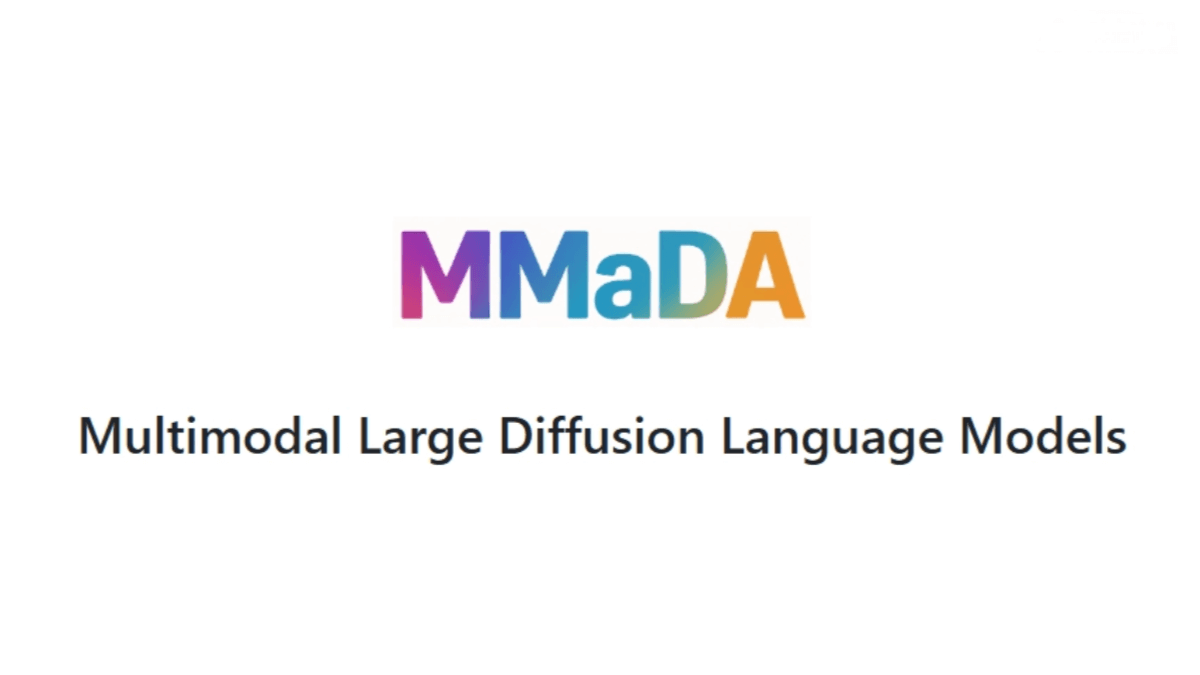
Key Features of MMaDA
-
Text Generation: Capable of generating high-quality text, from simple descriptions to complex reasoning tasks.
-
Multimodal Understanding: Understands and processes combined text and image inputs, supporting tasks like detailed image description and image-based Q&A.
-
Text-to-Image Generation: Generates images from text descriptions, supporting outputs ranging from abstract ideas to concrete scenes.
-
Complex Reasoning: Handles advanced reasoning tasks, including mathematics and logic, providing step-by-step solutions and accurate answers.
-
Cross-Modal Collaborative Learning: Achieves synergy between text and image modalities through a unified architecture and training strategy.
Technical Foundations of MMaDA
-
Unified Diffusion Architecture:
MMaDA is built on a unified diffusion framework with shared probabilistic formulations and a modality-agnostic design. It eliminates the need for separate modality-specific modules and seamlessly handles both text and image data. During pretraining, the model jointly learns masked token prediction tasks across modalities and learns to recover clean data from noisy inputs. -
Mixed Long Chain-of-Thought (CoT) Fine-Tuning:
Utilizes a consistent CoT format to align reasoning processes across different tasks. Each CoT sequence includes detailed reasoning steps and final answers. Fine-tuning uses diverse reasoning data including math problems, logical inference, and multimodal tasks, enhancing the model’s capability in complex problem-solving. -
Unified Policy Gradient Reinforcement Learning (UniGRPO):
UniGRPO applies a unified post-training approach to both reasoning and generation tasks using a diverse reward modeling system. Reward functions evaluate correctness, format, CLIP scores, and more. Through multi-step denoising learning, the model learns to generate outputs even from partially noisy inputs, maximizing the power of diffusion-based generation.
Project Resources
-
GitHub Repository: https://github.com/Gen-Verse/MMaDA
-
HuggingFace Model Hub: https://huggingface.co/Gen-Verse/MMaDA
-
arXiv Paper: https://arxiv.org/pdf/2505.15809
-
Online Demo: https://huggingface.co/spaces/Gen-Verse/MMaDA
Use Cases for MMaDA
-
Content Creation: Generates both text and images for writing, design, and artistic creation.
-
Educational Support: Offers personalized learning materials and detailed problem-solving steps for teaching and learning.
-
Intelligent Customer Support: Engages in multimodal interactions to answer user questions and enhance service experiences.
-
Healthcare and Medicine: Assists in medical image analysis, provides health recommendations, and supports clinical decision-making.
-
Entertainment and Gaming: Generates game content and enriches AR experiences for more interactive entertainment.
Related Posts

